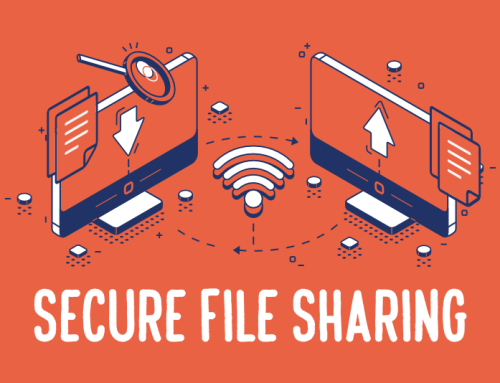Browser protection
Our lives and the internet are intertwined in the modern digital age. Web browsers are essential to our ability to communicate, shop, and have fun. But this increased reliance on browsers also makes us more vulnerable to online dangers. Cybercriminals are constantly coming up with new methods to exploit browser flaws and jeopardize our security and privacy. Effective browser security controls must be put in place to reduce these risks. This article will examine the significance of browser security and offer helpful advice to improve your online safety.
Understanding Browser Vulnerabilities
Web browsers act as entry points into the online world, but they are not immune to flaws. Typical browser weaknesses include:
Outdated software: Using outdated browser versions exposes you to security flaws that hackers can use against you.
Malicious Extensions: Add-ons and extensions from third parties can introduce security flaws and possibly compromise your sensitive data.
Cybercriminals frequently use phishing attacks to trick users into disclosing personal information. These attacks can be started by clicking on false links or visiting trick websites that look legitimate.
Quick Downloads: By taking advantage of browser flaws, visiting compromised websites can unintentionally trigger the automatic download of malware onto your computer.
Cross-Site Scripting (XSS): Through the injection of malicious scripts into reputable websites, XSS attacks give cybercriminals unrestricted access to user data.
Importance of Browser Protection
Defending Personal Information: You can prevent the misuse of your personal information, including passwords, financial information, and browsing history, by putting browser protection measures in place.
Malware infections can be avoided by using browser protection tools to block malicious software and stop drive-by downloads. This lowers the chance that malware will infect your device.
Enhancing Privacy: Security features in browsers can restrict online tracking and stop unauthorized data collection by third parties like advertisers.
Detecting and thwarting phishing attempts is possible with good browser security, preventing you from unintentionally handing over sensitive data to hackers.
Blocking Malicious Extensions: You can reduce the possibility of unintentionally downloading malicious software onto your device by using reputable browser add-ons and extensions.
Tips for Enhancing Browser Protection
Maintain Browser Updates: To make sure you have the most recent security updates and bug fixes, update your browser frequently.
Install Reputable Browser Extensions: Install trustworthy browser extensions that provide improved security features like blocking rogue websites and preventing tracking.
Be Wary of Phishing Attempts: Use caution when downloading files or clicking on links from unidentified or dubious sources. Before entering personal information on websites, make sure they are legitimate.
Use Strong and Unique Passwords: For each website or service you use, create strong and distinctive passwords. To store and manage your passwords securely, think about using a password manager.
Enable Two-Factor Authentication (2FA): To add an additional layer of security to your online accounts, enable 2FA whenever it is possible.
Avoid Using Public Wi-Fi for Sensitive Activities: Public Wi-Fi networks are frequently insecure, making it simpler for hackers to eavesdrop on your data. When connected to such networks, avoid making sensitive purchases or accessing private information.
Clear your browser’s cache, cookies, and browsing history on a regular basis to get rid of any sensitive data that has been saved.
For maintaining a secure online experience in a world that is becoming more connected, browser protection is essential. You can lessen your chance of becoming a victim of cyber threats by exercising caution, using strong security measures, and adhering to best practices. Use reputable security extensions, keep your browser up to date, and be wary of phishing scams. By following these instructions, you can browse privately and securely while safeguarding your personal data and digital security.






